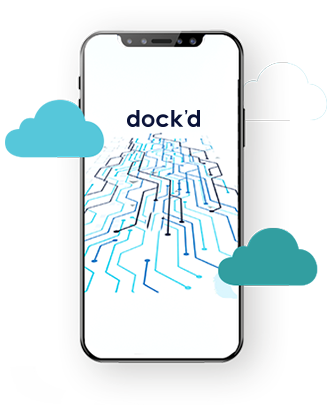The advent of the National Disability Insurance Scheme (NDIS) has brought about a paradigm shift in the disability sector in Australia. While it offers numerous opportunities to service providers, it also entails complex administrative and operational responsibilities. This article aims to shed light on the core software features that are pivotal for running an NDIS service provider business effectively. We will explore the essential digital tools that can facilitate an efficient workflow, compliance, and superior care provision.
1. Client Management System
Why It’s Essential: Client management goes beyond storing basic details. A robust system can track individualised plans, appointments, and progress reports, ensuring seamless service provision.
Key Features:
- Integration with NDIS Price Guide
- Customisable client profiles
- Secure document storage
2. Financial Management Tools
Why It’s Essential: Managing claims, invoicing, and budgeting are critical for the financial health of your business. Accurate financial records are not only good business practice but are required for compliance with NDIS guidelines.
Key Features:
- Bulk claims processing
- Real-time budget tracking
- Automated invoicing
- Payroll
3. Rostering and Scheduling
Why It’s Essential: Given the diversity of clients and the necessity for flexible care schedules, a comprehensive rostering tool is invaluable.
Key Features:
- Employee availability tracking
- Integration with client schedules
- SMS and email notifications for shifts
4. Compliance Management
Why It’s Essential: The NDIS has stringent compliance requirements to ensure quality and safe care. Non-compliance is not an option and could jeopardise your accreditation.
Key Features:
- Automated report generation for audits
- Checklist and workflow tools for Quality and Safeguarding Framework
- Incident reporting capabilities
5. Communication Portal
Why It’s Essential: Effective communication among team members, and between carers and clients, is essential for delivering high-quality service.
Key Features:
- Secure chat rooms
- File and data sharing capabilities
- Real-time updates and announcements
6. Data Analytics and Reporting
Why It’s Essential: Data analytics provide valuable insights into business performance, service quality, and areas for improvement.
Key Features:
- Dashboards displaying KPIs
- Client satisfaction surveys and analysis
- Financial performance reports
7. Mobility and Cloud-Based Access
Why It’s Essential: Given the on-the-go nature of care provision, having mobile and cloud-based access ensures that essential information is available anytime, anywhere.
Key Features:
- Mobile application support
- Real-time data syncing
- Secure cloud storage
8. User-Friendly Interface
Why It’s Essential: A system that is difficult to navigate will only hamper productivity. A user-friendly interface ensures that your team can focus more on care provision and less on navigating complicated software.
Key Features:
- Intuitive design
- User-guides and tutorials
- Customisable layouts
In Conclusion
To successfully navigate the multifaceted landscape of NDIS service provision, it is imperative to arm your business with robust, comprehensive software solutions. These software tools should not only meet but exceed your organisational needs, offering scalability as your client base grows. Investing in a suite of high-quality, integrated software tools is not merely a business expenditure; it’s an investment in the quality of care you provide, ensuring your organisation’s longevity and reputation in the NDIS ecosystem.






